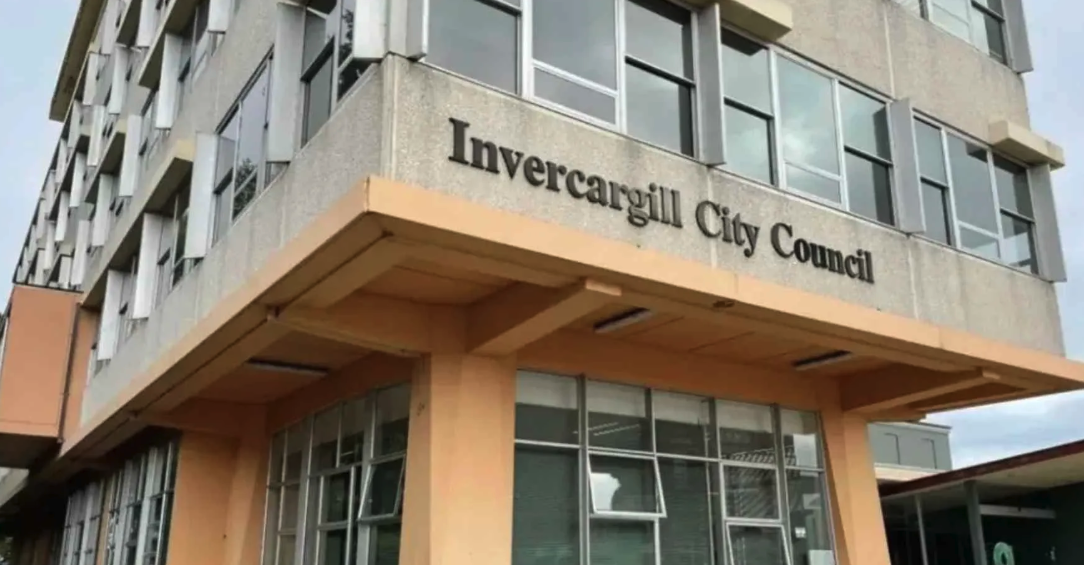- Government says councils misused wellbeing rules to justify non-essential spending, raising rates.
- Labour disputes claims, saying rate increases stem from central government decisions, not councils.
- Benchmarking reports will compare council performance on rates, debt, and services nationwide.
The government has announced plans to remove four wellbeing provisions from the Local Government Act, claiming councils have used them to justify spending on non-essential projects, leading to higher rates. Local Government Minister Simeon Brown said the changes would refocus councils on core responsibilities such as infrastructure and services.
"It is clear that rates are out of control. These increases are unacceptable to ratepayers, and unacceptable to the government," Brown said.
The wellbeing provisions—addressing the social, economic, environmental, and cultural well-being of communities—were said to have expanded councils’ focus and increased rates by approximately two percent annually, according to the Department of Internal Affairs. Brown highlighted examples of councils investing in projects like convention centres and hotels, saying such spending often leaned on the wellbeing framework for justification.
The government will also introduce annual benchmarking reports to improve transparency. These reports will provide detailed comparisons of councils' rates, debt, capital spending, road conditions, and budget balances. Brown believes these metrics will allow voters to assess their councils' performance directly.
"Voters can actually directly compare their council's performance with another council," Brown said. The first benchmarking report is expected before next year’s local government elections.
ACT welcomed the accountability measures, with its spokesperson Cameron Luxton saying the reports would promote healthy competition between councils, the Green Party criticised the move.Further measures, including rates capping, are under review, with legislative proposals expected by mid-2025.

